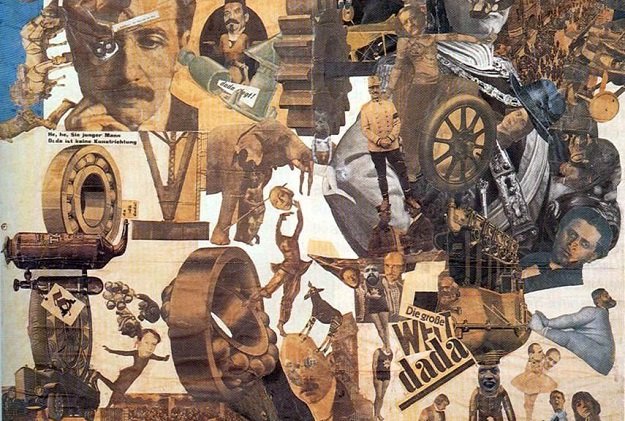Problem for the subject - The question of the meaning of history /part 2/
Another part of the representatives of the pessimistic view, in solidarity with the notion of the absence of any objective sense of history, conceives the understanding of the story that the subject / person / is the one who conveys one or another meaning. Thus, in his book The History of Reflection of the Pointless, Theodore Lessing emphasizes that "in no way can any hidden meaning, any causal relationship, no development over time, history be historiography, creating that meaning, establishing these causal relationships, inventing this development. "
Thirdly, the pessimistic view of the meaning of history is manifested in another gnostic plan. It is about the fact that some of the representatives of this view acknowledge the existence of an objective sense in history; to this point they are optimistic, but they doubt and deny the possibility of it being revealed by man, profess a cognitive skepticism and agnosticism. To this understanding can be attributed the views of Jacques Maritén, for which the story and its meaning represent a mystery unreachable to the human mind. Similar is Yassper's position that history has a profound meaning, but it is not available to human knowledge. The second optimistic view is characterized by the fact that its representatives acknowledge, on the one hand, the existence of an objective sense of history and, on the other, the possibility of being known or achieved by man. Within this view, two different points of view could be highlighted in the history of the story and within which the question of meaning, namely: finalist and anti-philistine / viewpoints, is dealt with.
Finalist: understands history as a final final or limited process. Within this perspective, three basic concepts can be distinguished: Religious Humanistic: Developed in the Sacred Books of the Bible and in the writings of the Christian apologists and philosophers of history. One representative is Berdjaev, he bases on the basic principles of the Christian religious philosophy of history and develops an unorthodox finalist concept of the meaning of the historical / earthly / human life. For him, the story has a positive meaning only if it ends. If the story says Berdjaev was an endless process, if it was bad infinity it would not make sense. The tragedy of time would be insoluble, and the task of history impossible because its realization can not be immanent, can not be achieved within the history itself, but only outside its boundaries.

You got a 4.12% upvote from @booster courtesy of @godflesh!
NEW FEATURE:
You can earn a passive income from our service by delegating your stake in SteemPower to @booster. We'll be sharing 100% Liquid tokens automatically between all our delegators every time a wallet has accumulated 1K STEEM or SBD.
Quick Delegation: 1000| 2500 | 5000 | 10000 | 20000 | 50000
To listen to the audio version of this article click on the play image.

Brought to you by @tts. If you find it useful please consider upvoting this reply.